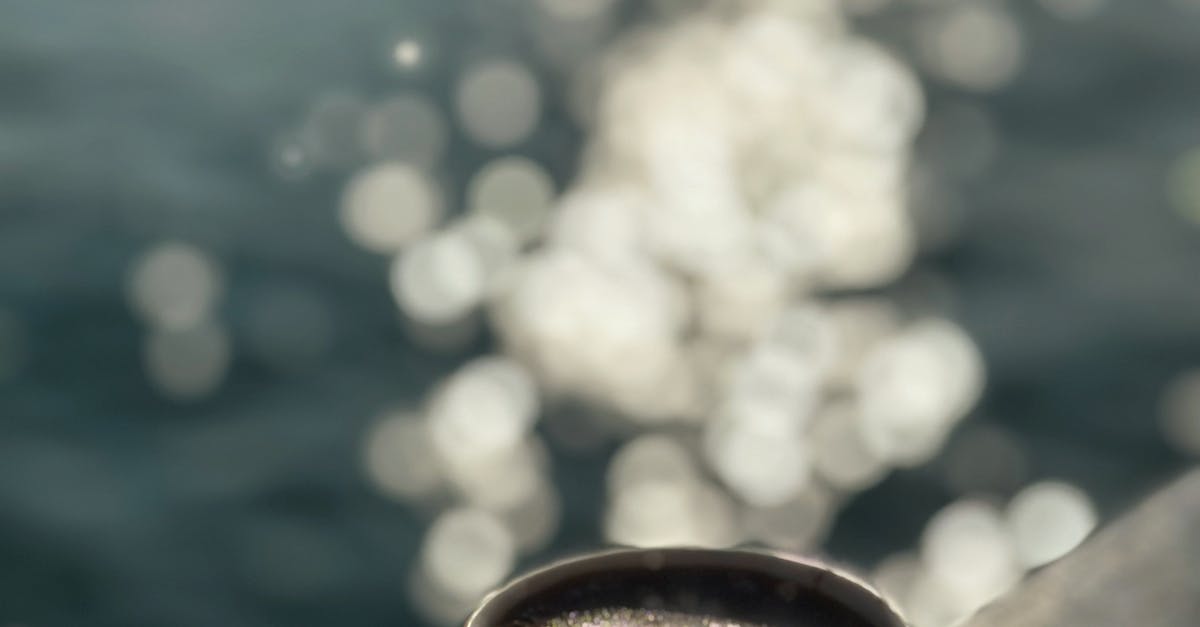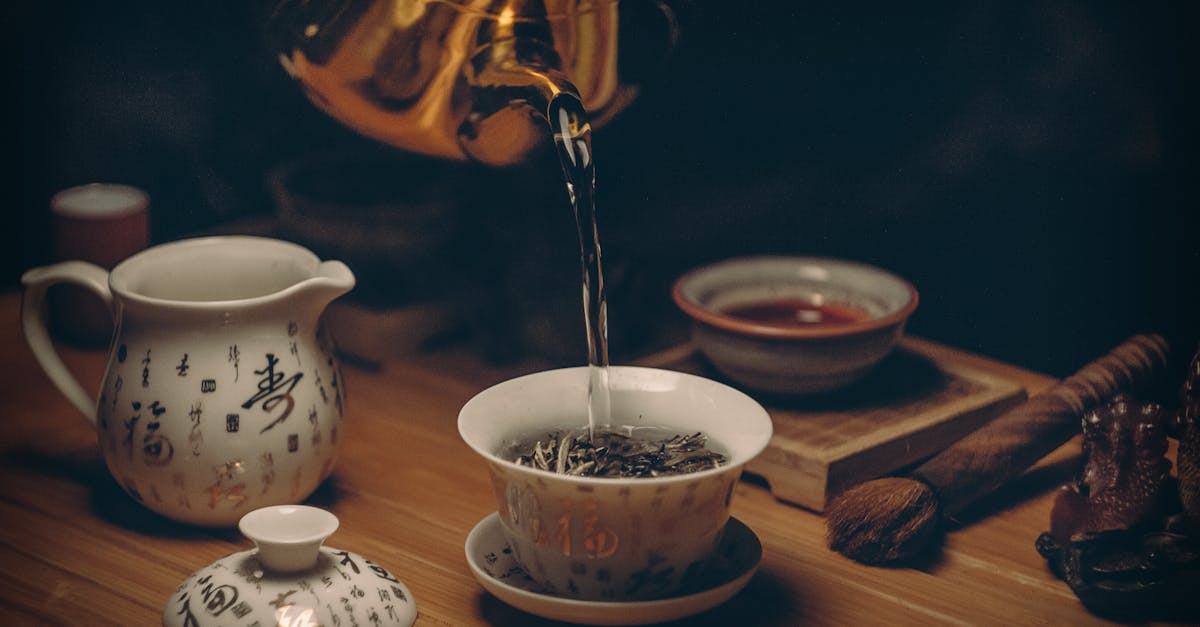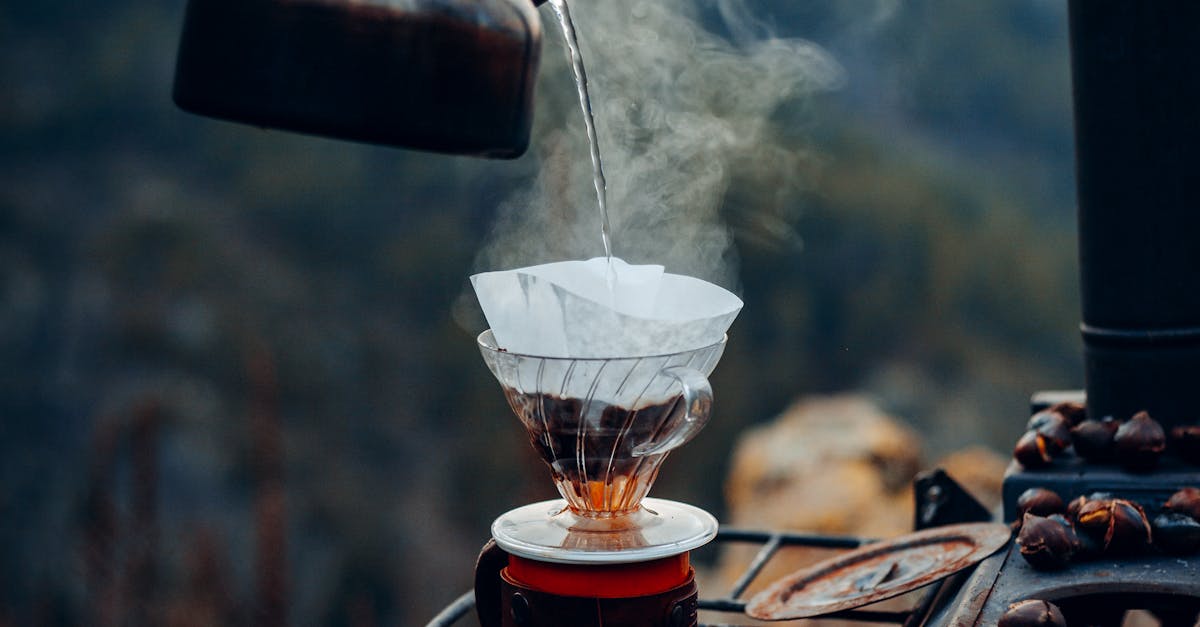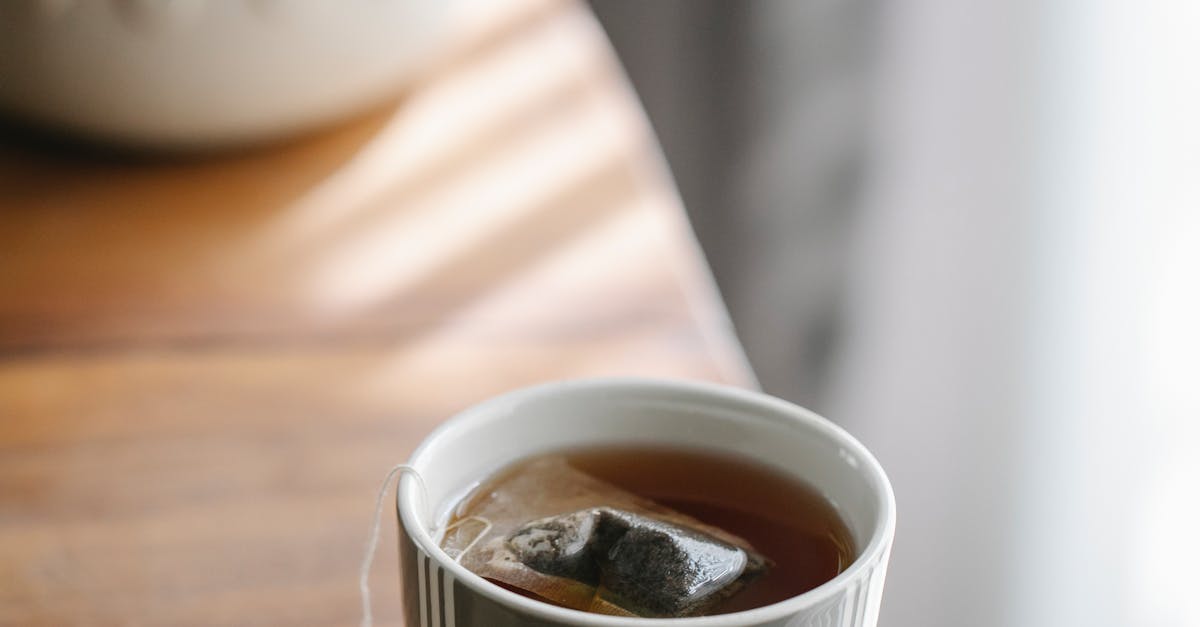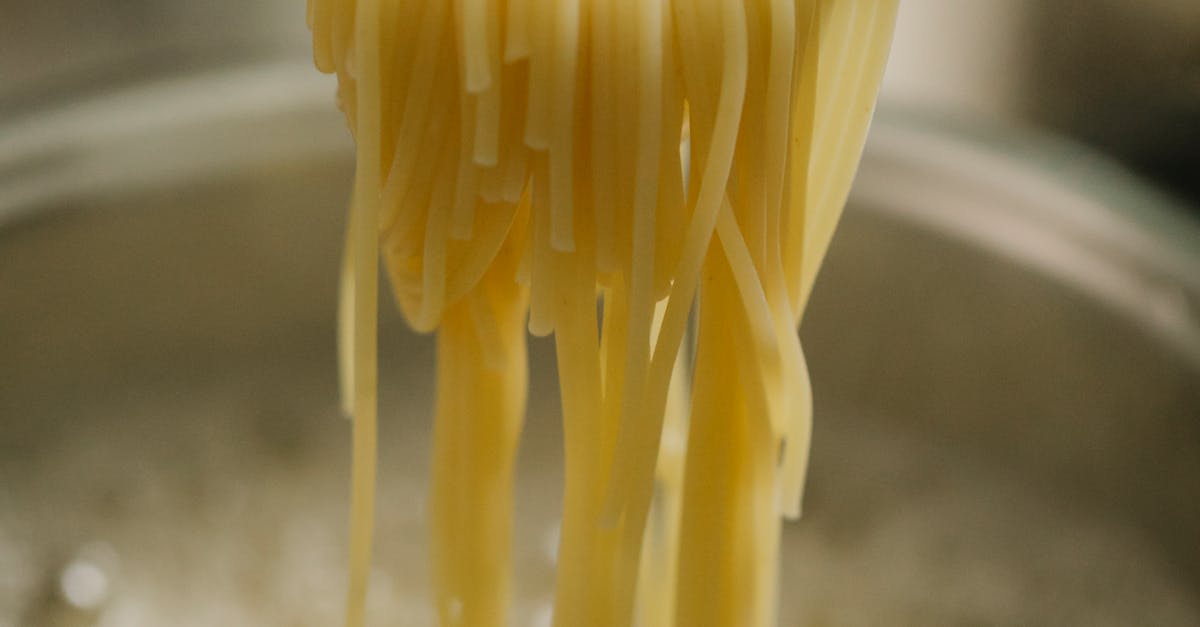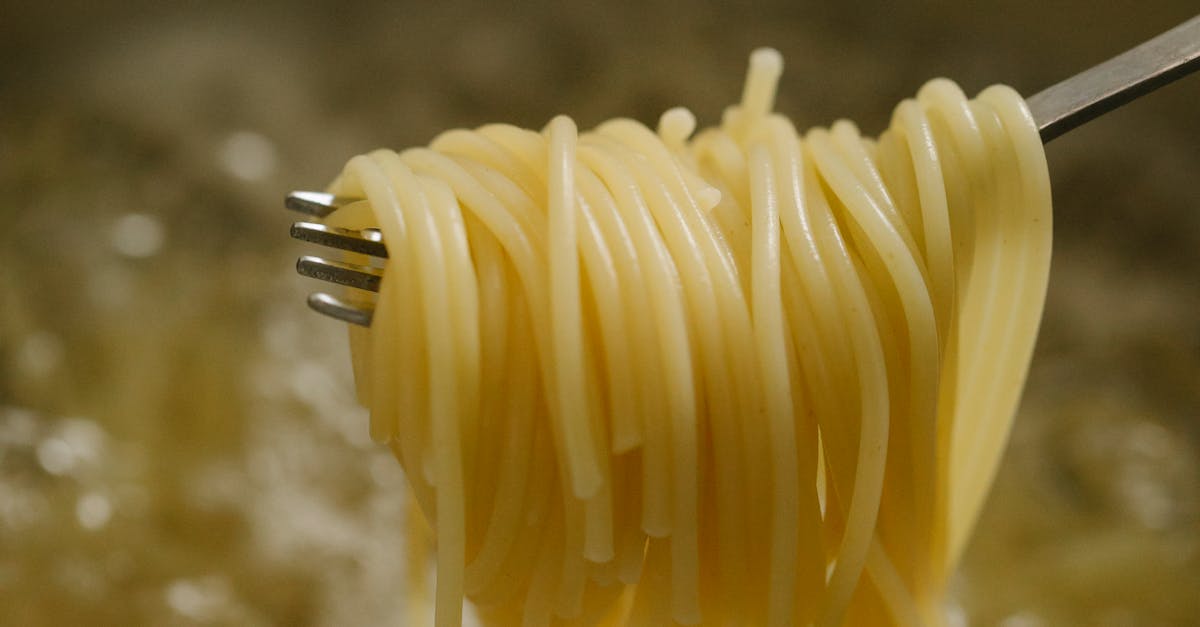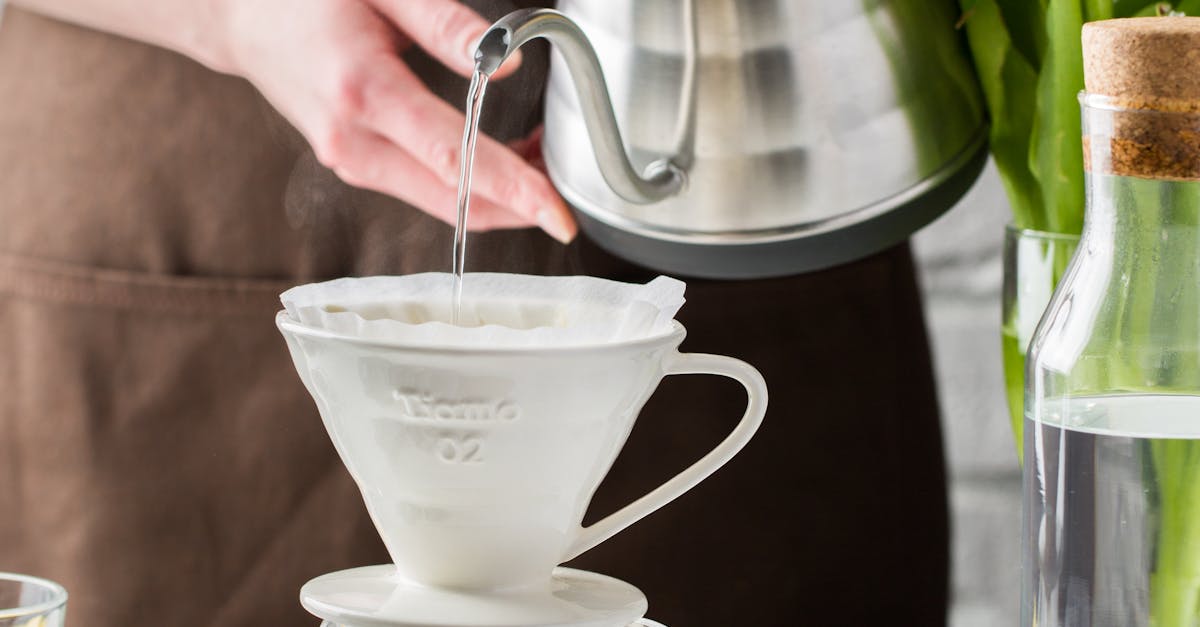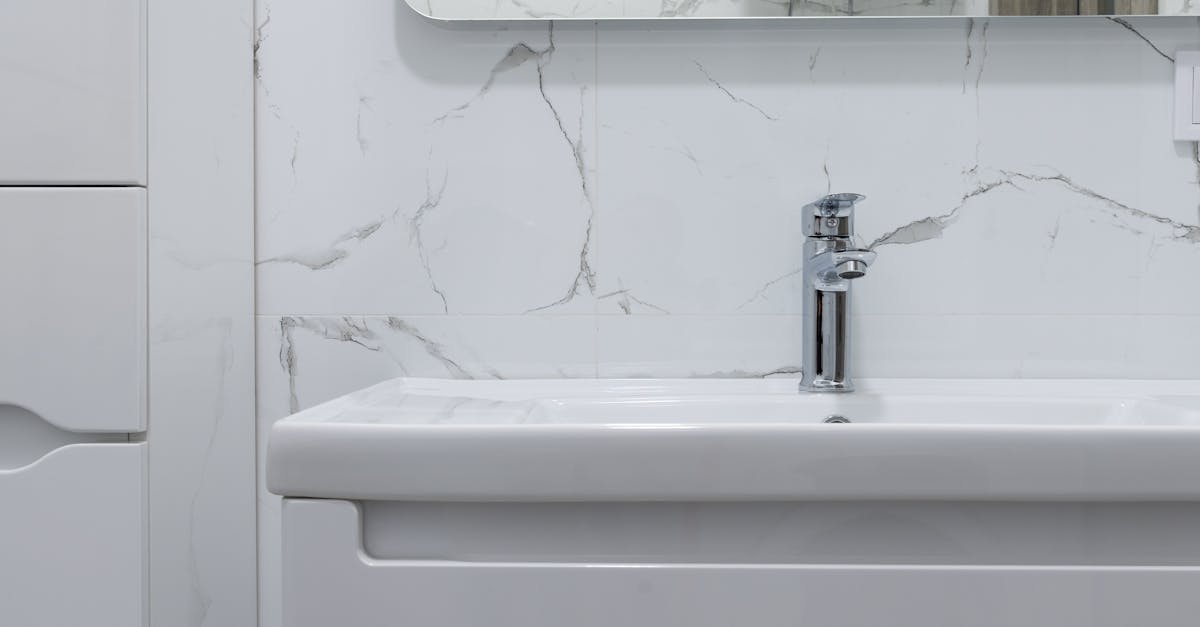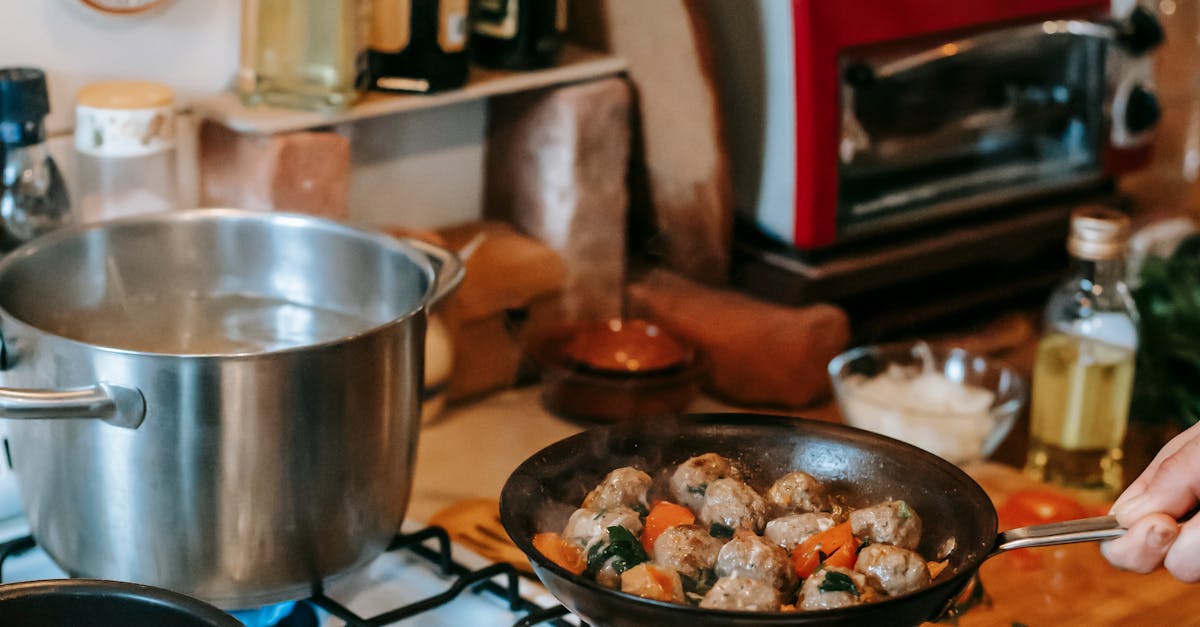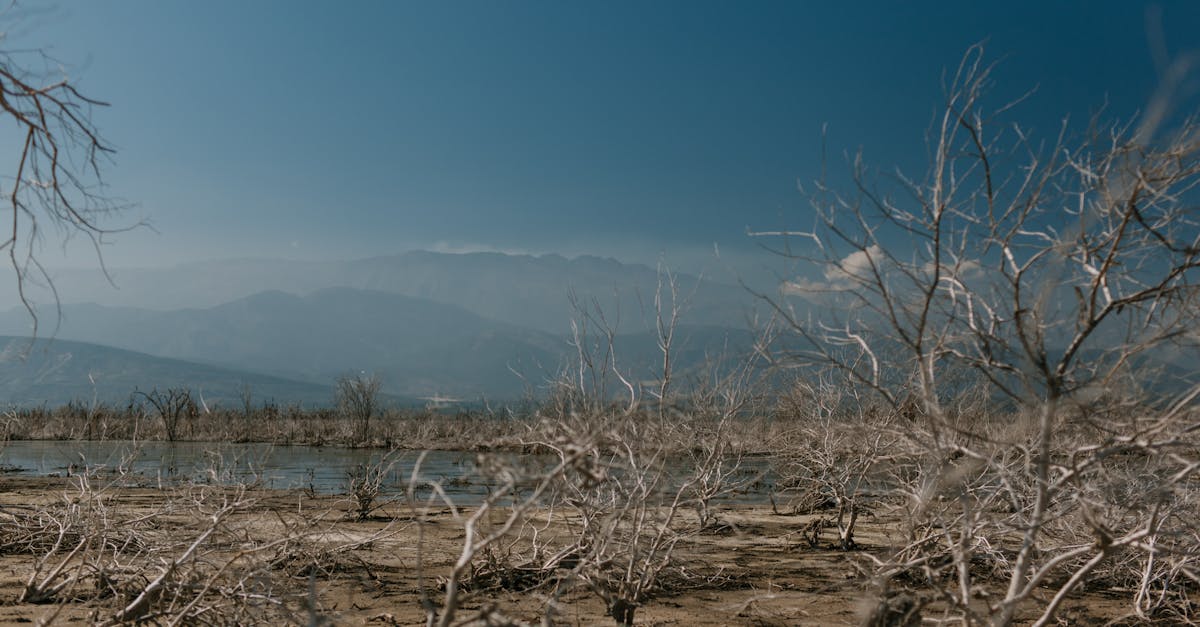
Table Of Contents
Alternative Drain Cleaning Methods
When considering alternative drain cleaning methods, a variety of options are available that can effectively tackle clogs without resorting to harsh chemicals. Manual options often include using a plunger or a plumber's snake, tools designed to physically dislodge blockages. These methods can be particularly effective in removing hair, grease, and other debris that may accumulate in pipes over time. Another popular option involves the use of enzyme-based cleaners, which utilise natural processes to break down organic matter in the drain, providing an eco-friendlier alternative to conventional chemical drain cleaning solutions.
In addition to physical and enzyme-based methods, hot water can be a surprisingly effective drain cleaning tool. Pouring boiling water down the drain helps dissolve grease and soap residue, which are common culprits of clogs. Regularly flushing drains with hot water can serve as a preventative measure, keeping pipes clear and reducing the likelihood of blockages in the future. Other organic alternatives, such as using baking soda and vinegar, can be helpful as well. The chemical reaction between these two substances can effectively break down minor clogs while being gentle on pipes.
Comparing Effectiveness and Safety
Vinegar and baking soda are often touted as safe alternatives for drain cleaning. The chemical reaction produced when these two ingredients combine generates carbon dioxide bubbles. This action can help dislodge minor clogs caused by soap residue or food particles. However, it is crucial to recognise that while this method can be effective for light blockages, it may not work effectively on more stubborn clogs or deeper issues within the plumbing system.
Safety is another important factor to consider when using vinegar and baking soda for drain cleaning. Both substances are non-toxic and environmentally friendly, making them a preferred choice for many households. In contrast, commercial drain cleaners can contain harsh chemicals that pose risks to both human health and aquatic life if not used properly. The gentle nature of vinegar and baking soda allows for a safer approach, promoting a healthier home environment without compromising drainage systems.
Environmental Considerations
When considering environmental factors, it is essential to evaluate the impact of various drain cleaning methods. Traditional chemical cleaners may effectively tackle clogs but often contain harsh substances that can harm aquatic environments and contribute to pollution. In contrast, using vinegar and baking soda for drain cleaning presents a more eco-friendly alternative. These natural ingredients break down fats and debris without introducing harmful chemicals into the water system.
Additionally, relying on environmentally safe practices can encourage a more sustainable approach to home maintenance. Regular drain cleaning with natural remedies reduces the likelihood of severe blockages, decreasing the need for emergency plumbing services that may involve more aggressive chemical treatments. By prioritising sustainable methods, homeowners can protect their local ecosystems while maintaining clear and functional drainage systems.
EcoFriendly Cleaning Solutions
Eco-friendly cleaning solutions provide a sustainable alternative to harsh chemicals in drain cleaning. Many households are leaning towards natural ingredients due to their minimal environmental impact. Products like vinegar and baking soda serve as an effective combination that can break down minor clogs without harming the plumbing or the ecosystem. These ingredients are often praised for their accessibility and affordability, making them a popular choice among eco-conscious consumers.
In addition to vinegar and baking soda, various plant-based cleaners are gaining traction. Many of these solutions utilise citrus extracts or essential oils, which not only offer cleaning power but also leave behind a pleasant scent. It's essential to read labels and choose products that emphasise biodegradable ingredients, ensuring that drain cleaning methods align with a commitment to environmental health. Incorporating these eco-friendly options into regular maintenance can help keep drains clear and support a greener lifestyle.
Preventative Measures for Clogs
Regular maintenance plays a vital role in preventing clogs in household drains. Simple practices like flushing drains with hot water can help dislodge debris and keep them clear. Additionally, using drain cleaning products periodically can break down grease and grime build-up before it becomes problematic. Creating a routine schedule for these tasks can go a long way in ensuring that drains remain functional and less prone to blockages.
Being mindful of what goes down the sink is equally important. Avoid disposing of items such as coffee grounds, oils, and fibrous materials in drains. Implementing mesh strainers can catch food particles and hair, minimising the risk of clogs. Education on proper disposal practices contributes to more effective drain cleaning methods and promotes the overall health of plumbing systems.
Tips for Maintaining Clear Drains
Regular maintenance plays a crucial role in preventing clogs within your plumbing system. Simple habits, such as avoiding pouring grease or large food scraps down the sink, can significantly reduce the chances of blockages. Additionally, using a drain strainer can capture hair and other debris, preventing it from accumulating in the pipes. Drain cleaning can also involve flushing your pipes with hot water periodically, which helps to dissolve potential build-up and keeps the flow steady.
Establishing a regular schedule for inspecting and maintaining your drains can yield long-term benefits. Using natural cleaning solutions, like a mixture of vinegar and baking soda, can provide a safe way to keep drains clear without harsh chemicals. Ensuring that outdoor drains are free from leaves and debris is equally important, especially during windy seasons. This proactive approach can help maintain proper drainage and avoid costly plumbing issues down the line.
FAQS
Is vinegar and baking soda effective for cleaning drains?
Yes, vinegar and baking soda can be effective for cleaning drains. When combined, they create a fizzy reaction that can help dislodge minor clogs and remove buildup in pipes.
Are there any risks associated with using vinegar and baking soda in drains?
Generally, vinegar and baking soda are safe for most drains. However, they may not be effective for severe clogs and should not be used in conjunction with chemical drain cleaners, as the reaction could create harmful gases.
How often can I use vinegar and baking soda in my drains?
You can use vinegar and baking soda in your drains as a regular preventative measure, about once a month, to help keep them clear and reduce odours.
What are some alternative methods to clean drains if vinegar and baking soda don't work?
Alternatives to vinegar and baking soda include using a plunger, a plumber's snake, or eco-friendly commercial drain cleaners that are less harmful to the environment.
Can vinegar and baking soda help with foul odours in drains?
Yes, vinegar and baking soda can help neutralise foul odours in drains due to their natural deodorising properties, making them a good option for maintaining fresh-smelling drains.



